When Halloween Feels More Trick Than Treat: Understanding Why Some People Opt Out
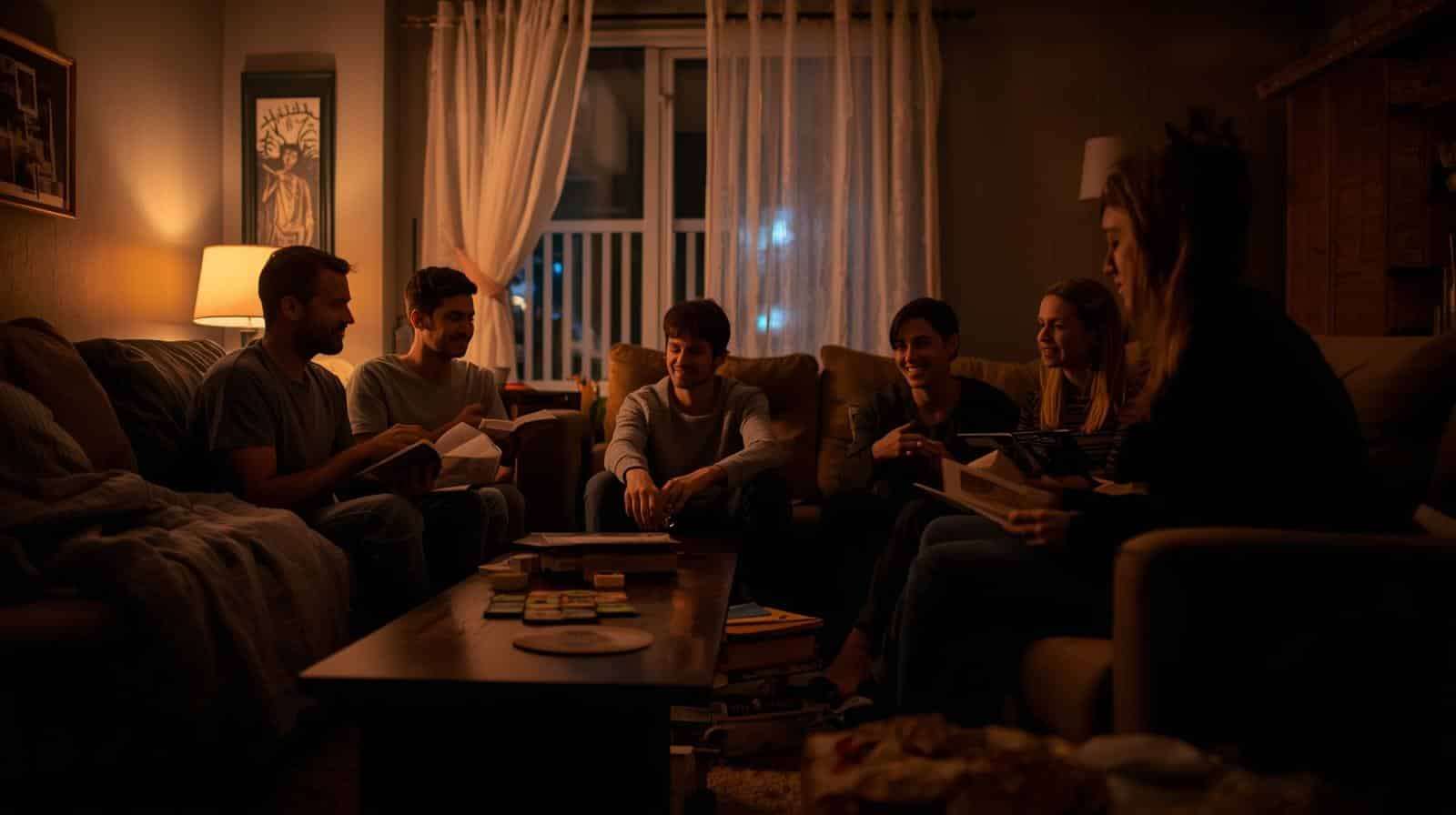
Halloween is supposed to be fun — a chance to play, indulge, and maybe even feel daring.
But for many, it’s the opposite. The costumes feel exposing, the candy feels threatening, and the social pressure to join in feels more like a trap than a treat.
If you secretly dread Halloween, you’re far from alone.
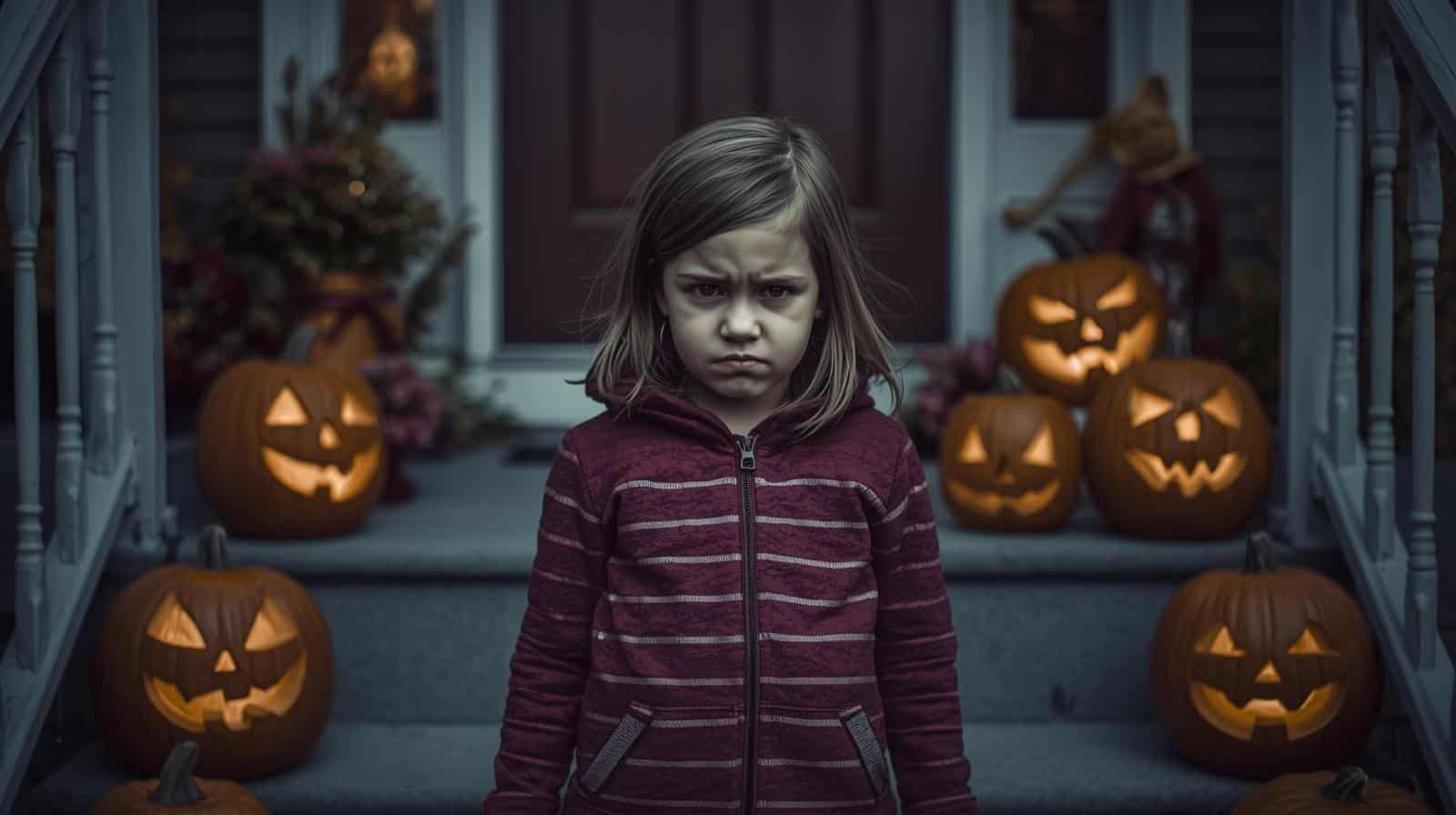
Underneath the glitter and skeletons (my personal least favorite Halloween image), there’s a complicated web of body image expectations, diet culture messaging, and social comparison that can make the season feel more like a “trick” than “treat.”
Costumes and the Psychology of Exposure
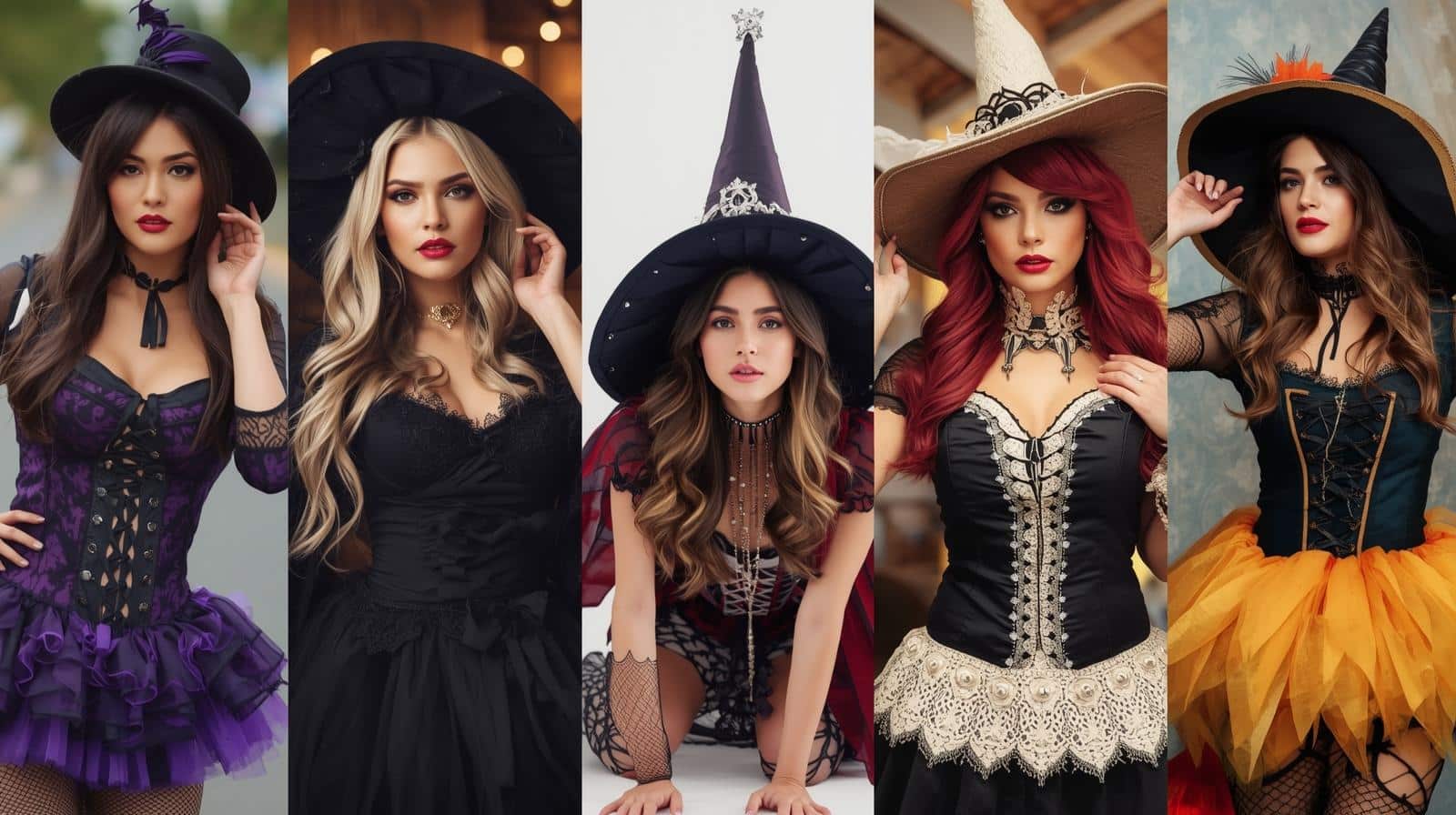
Costumes invite us to play with identity — to exaggerate, hide, or reveal. But for anyone who’s struggled with body image, that invitation can stir anxiety. Many adult costumes (especially women’s) come with an unspoken expectation: look sexy, look thin, look confident. And if you don’t? You risk feeling like you’re failing at fun.
I recently overheard two tween girls discussing their costumes. “How slutty should we be?” asked one tween. Her friend laughed and said, “the sluttier, the better.”
I asked if they knew what “slutty” means. They both said “sexy”.
This pressure taps into something deeper — the human need for belonging. When everyone else seems gleefully donning costumes, saying “no thanks” can feel like opting out of connection. But for sensitive or self-aware souls, honoring your limits can actually be a form of self-trust, not rebellion.
Diet Culture’s Favorite Holiday
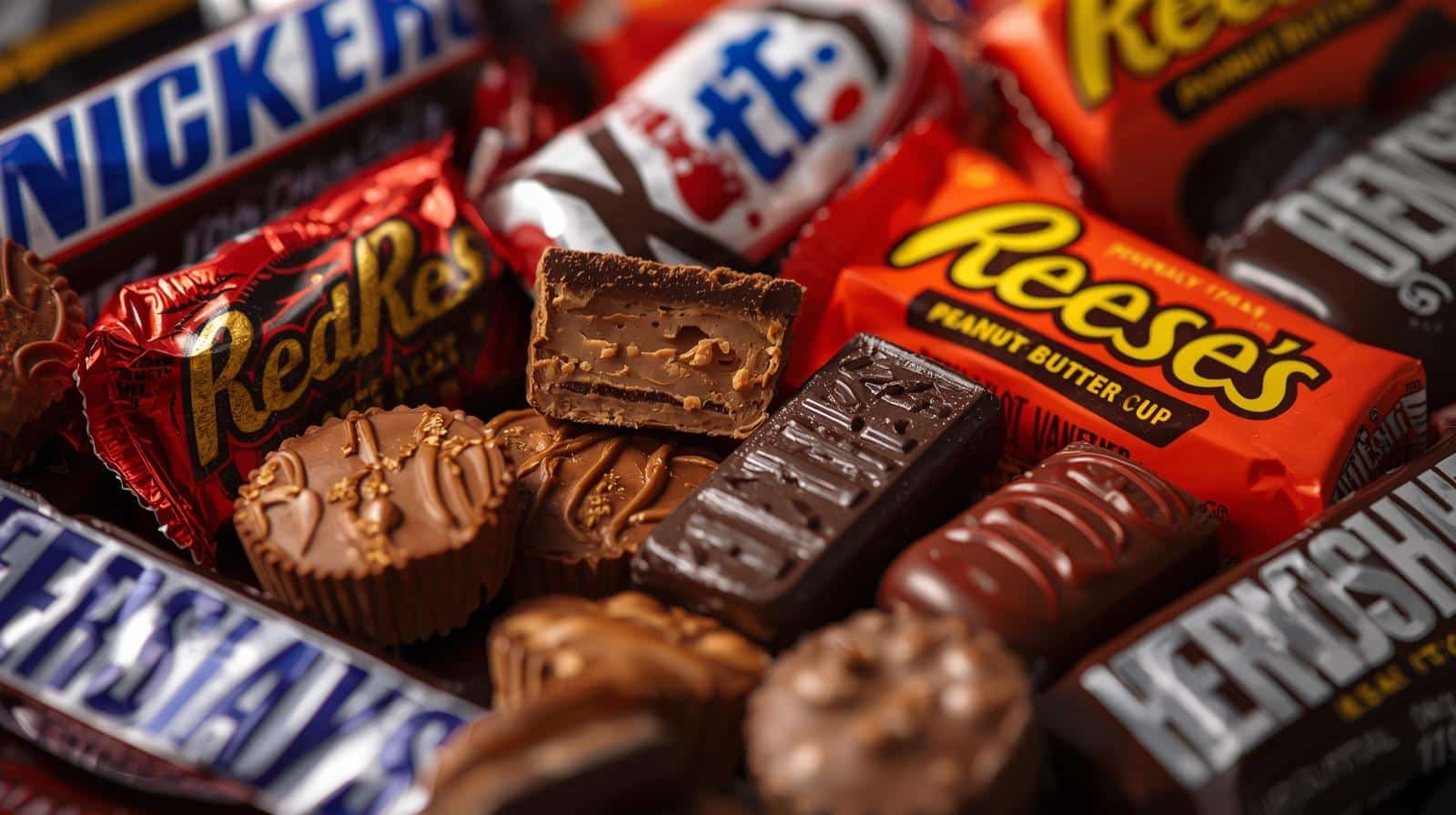
Let’s talk candy. For anyone (everyone except maybe like 3 people) recovering from dieting, restriction, or eating disorders, Halloween can feel like the Olympics from H*ll. Candy bowls at work. Big candy buckets at home. Mini versions of everything you may now or used to deem ‘forbidden’ or ‘bad’.
Diet culture thrives here — in the moralizing of sweets (“I was bad last night”) and the promises of what’s to come (“starting Monday, I’ll be good again”). But our nervous systems don’t play along. When food is labeled as dangerous or forbidden, the brain registers scarcity and intensifies cravings.
So if you find yourself thinking about candy a lot, that’s not weakness — it’s biology doing its best to protect you. Giving yourself permission, paradoxically, is often what quiets the noise.
The Spookiness of Forced Fun
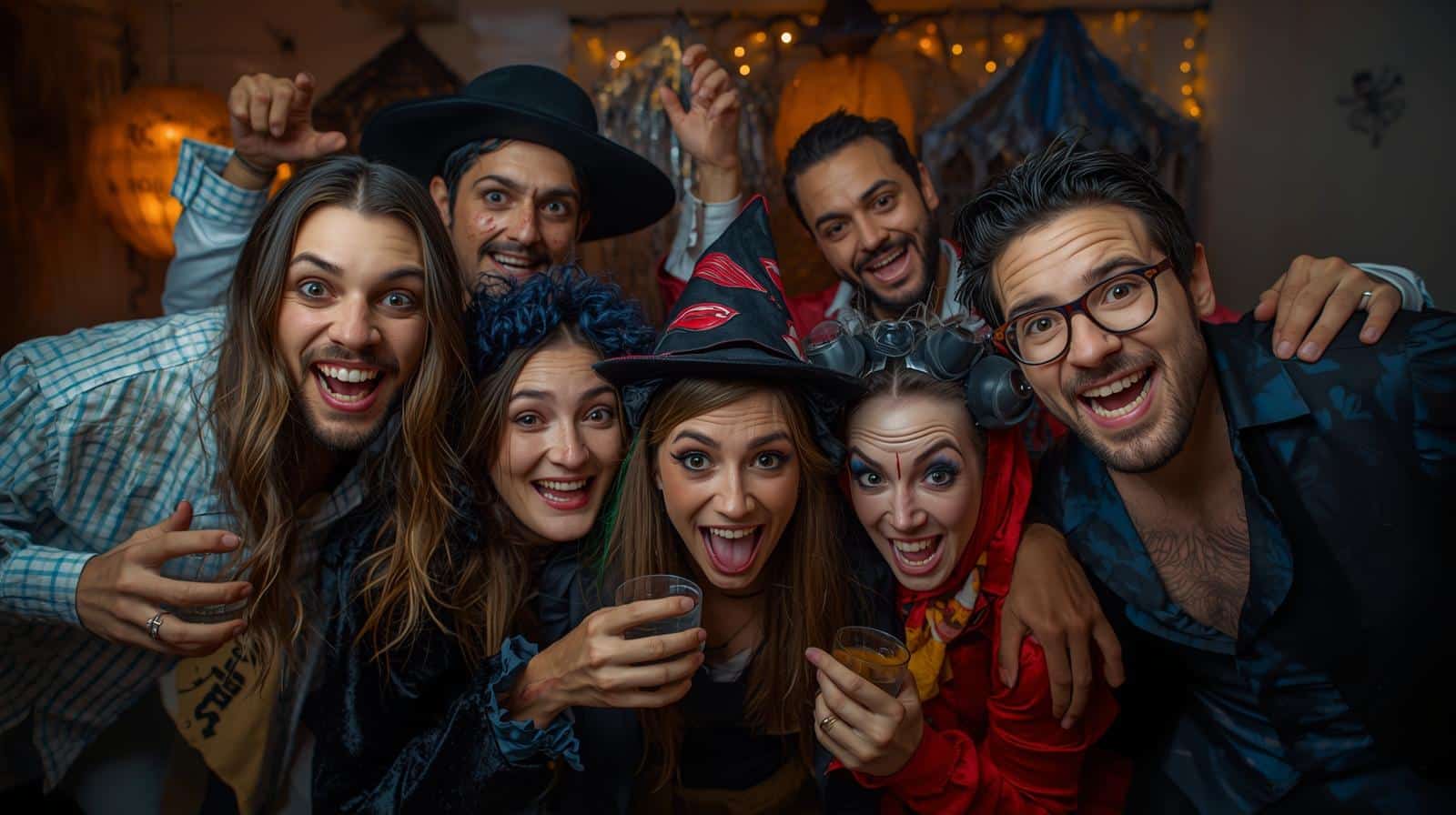
Then there’s the social element — the costumes, the parties, the photos, the pressure to “be festive.” For anyone burned out by performative joy, Halloween can feel more exhausting than enchanting.
The truth is, not everyone enjoys being scared, loud, or seen.
Some people like quiet nights, soft lights, and listening to the wind move through trees. There’s nothing wrong with that. It’s deeply human.
Permission to Feel How You Feel
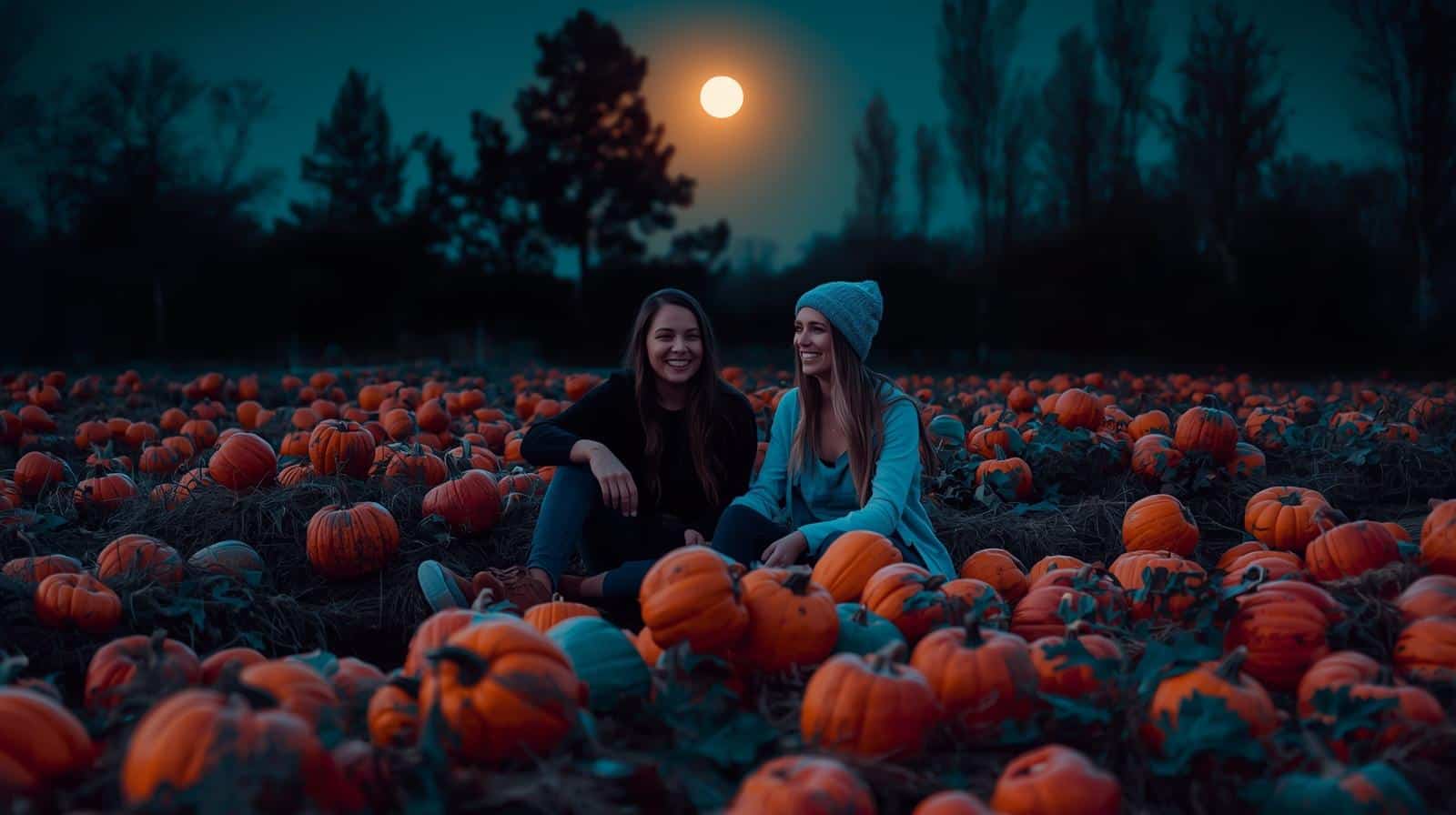
If you’re not into Halloween, you don’t need fixing . You need permission.
You can appreciate the creativity, the childhood nostalgia, the candy, without participating in every part of it.
So here’s a little therapist-approved spell for the season:
No costumes required. No candy guilt allowed. No pretending necessary.
You get to choose your own version of October magic. One that honors your nervous system, your body, and your boundaries.


